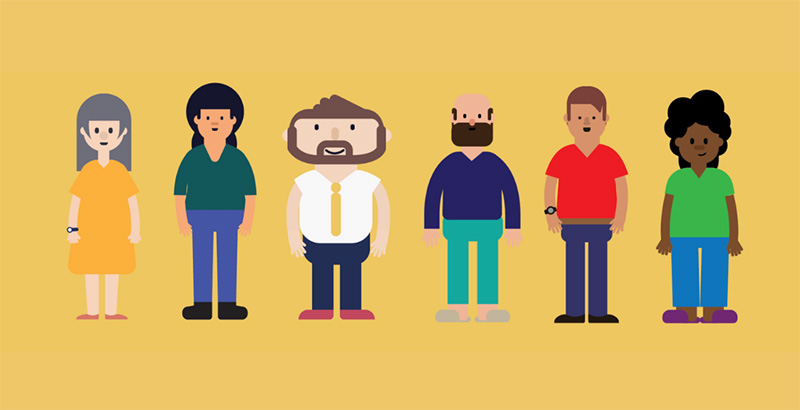This service is available to all DFES employees, volunteers and their immediate family. You can access this service for work, volunteer or personal related matters. Face-to face, telephone or video call options are available. Each person is entitled to six (6) sessions per year (one year from their first session with the provider). All you need to do is directly contact any of the DFES providers outlined below.
“This service is free and confidential.”
PeopleSense: Access general, state wide counselling services from Monday to Thursday between 9am and 7pm (last appointment is at 6pm) and Friday between 9am and 5pm (last appointment is at 4pm). PeopleSense also provides a 24/7 crisis line for immediate psychological support. Call 9388 9000 or Free call 1300 307 912.
Converge International: Access general, state wide counselling services from Monday to Friday between 8am and 6pm (last appointment is at 5pm). Free call 1300 687 327.
Martinovich Psychological Services (MPS): Access general counselling services from Monday to Friday between 9am and 6pm (last appointment at 5pm) or Saturdays by prior arrangement. Contact the office closest to you: Fremantle (9433 6559), Rockingham (9527 6599) or Dunsborough (9750 5356).
To ensure the Psychological Support Service is providing you with quality support it is important that we receive feedback. Collectively, this feedback will help us continually improve this service so that it best supports you in times of need.
There are two ways you can provide feedback:
1. Directly through the provider – each provider offers a feedback survey.
2. DFES Psychological Support Service Feedback Survey.
Please note both feedback surveys are:
- Voluntary.
- Confidential.
You can access the DFES Psychological Support Service Feedback Survey here.






